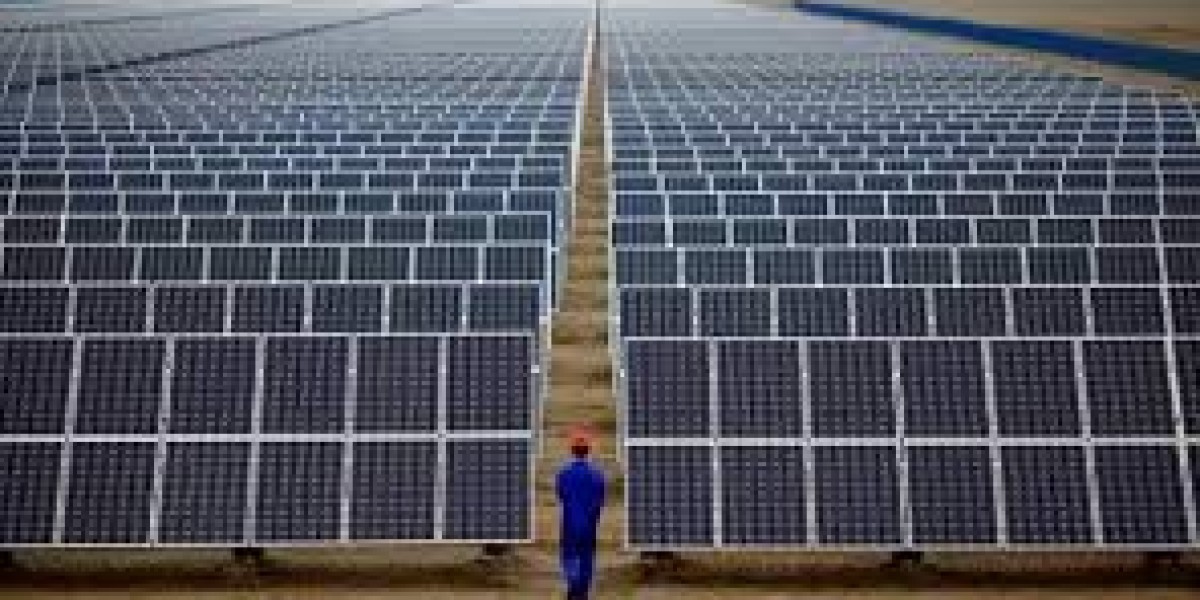To solve this problem, government regulators must put limits on solar energy. "The first step in preventing disaster," the HBR authors write, "could be for solar panel for a camper producers to start lobbying for similar legislation in the United States immediately, rather than waiting for solar panels to start clogging landfills."
But that's unlikely, because such legislation would significantly increase the cost of solar, and slim margins mean many solar companies could go bankrupt. The result is a self-reinforcing feedback loop. "If the legislation comes too late, the remaining players may be forced to deal with the costly mess left behind by past Chinese producers."
As a result, taxpayers may have to subsidize the cleanup of solar panel waste. "Government subsidies may be the only way to rapidly develop capacity commensurate with the scale of the looming waste problem," they write.
That doesn't mean solar panels don't serve any purpose, or that they aren't ingenious machines. Like many others, I've always been curious about how they convert sunlight, photons into electrons, and I have solar panels in my backyard. Solar panels power the satellite. They can be an important way to generate electricity in off-grid areas.
But solar panels can't be a major source of energy like nuclear, natural gas or coal, because their "fuel," sunlight, is unreliable and dilutive. Due to inherent physical reasons, low power density necessarily leads to higher material strength and space requirements, resulting in higher physical costs.
Although the cost of solar panels has fallen, the cost of producing reliable grid electricity from solar panels has risen due to weather-dependent properties, which became apparent in 2018 and was acknowledged by economists at the University of Chicago in 2019, with costs spiraling in 2020 in Germany and California, where renewable energy is heavy. This trend is further supported.
New research into the coming solar waste crisis, along with increasing renewable power blackouts, reinforces the inherent flaws of solar and other forms of renewable energy. An over-reliance on solar panels and an underestimation of demand for nuclear power and natural gas led to power outages in California last summer. It is now clear that China has made solar look cheap through coal and subsidies. In the United States, we pay for a quarter of the cost of solar through taxes, and subsidies at the state and local level are often much more.
China's subsidies to solar panel makers are not just aimed at putting American and European solar companies out of business.
Today, many companies, including Facebook, Google, and Microsoft, buy large amounts of solar panels without realizing their impact. "I tried to raise the issue [of solar waste] when I was working at Microsoft," said one former Microsoft employee. "I've been told, 'This is not the problem we're going to solve. '"
"It is reasonable to note that the recycling and disposal of end-of-life solar panels is a problem we must address smartly, but unlike climate change, it is not a big or urgent issue," the Guardian reporter said, but research by the Harvard Business Review shows that this is not the case.
The idea that humanity should look away from pressing issues like toxic waste and land use impacts because they complicate long-term problems is exactly the kind of unsustainable thinking that allowed the world to become dependent on toxic solar panels in the first place.








